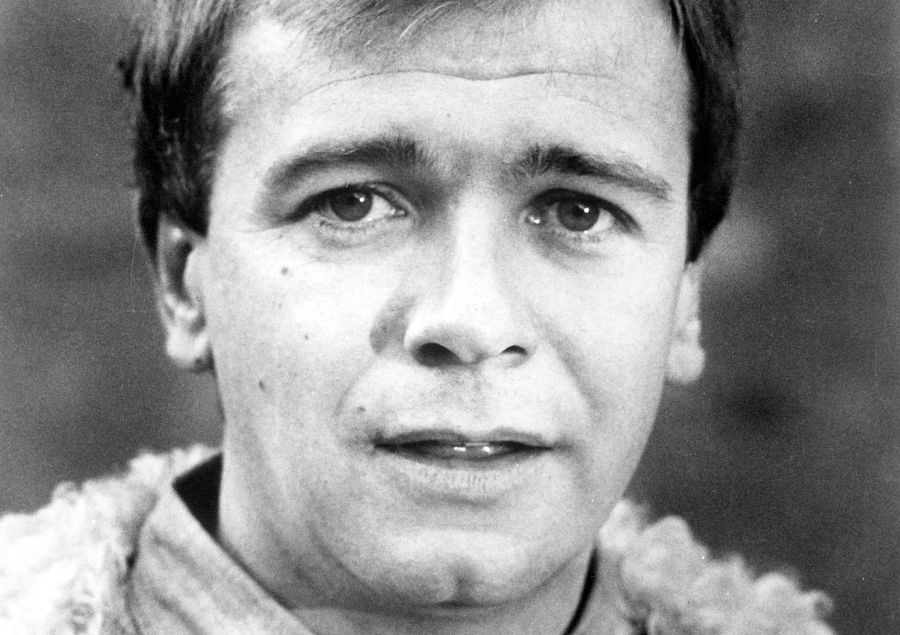Tony-winning playwright Terrence McNally (Love! Valour! Compassion!, Master Class, and Frankie and Johnny in the Clair de Lune) died on March 24, from complications due to COVID-19, at age 81. At last year's Tony Awards, McNally received an honor for lifetime achievement, and you can read his singularly memorable acceptance speech here. Another tribute to his extraordinary legacy can be read here.
Terrence McNally made no insistence on his significance. If there were only one thing to be gleaned from the litany of speeches, interviews, and works of his I have read since his passing, it seems to be that for Terrence the most significant thing was theatre itself, not the building but the institution, and the charge of his life’s work to be worthy of it. For a young playwright, there could be no greater lesson to learn.
The question most young playwrights have asked me is, “How were you brave enough to write something like Slave Play? Were you scared?” It’s a question that I always shy away from, yet one I so desperately want to ask McNally myself now. “How were you brave enough to write something like And Things That Go Bump in the Night or something like Next? Were you scared?” Because he should’ve been. Both of these plays with gay men at their center told the world something new about who a gay man was on the stage and in the world. Who before Terrence, in the white straight man’s theatre, had the gall to start their career, not end it, as a homosexual writing about homosexuals? This was before Stonewall. Before AIDS. Before it felt like there was a movement and forward momentum upon which to hitch your identity. This was when the safest thing to be was a straight white man, or if you were neither of those things, a silent one. Yet he chose to be the opposite because he chose to be himself.
To transgress in plain sight is no easy feat, made no easier by the fact that many of those who never dare to transgress or disrupt in public are so consistently and so richly rewarded. Yet from the minute New York met Terrence McNally, he sought not to transgress but to be what every good disciple attempts to be: honest at the foot of that which they worship. Dishonesty was the only thing that made Jesus look down at one of his disciples; McNally knew that, but McNally knew so many things. Transgression is only possible when there’s some armor for defense, and McNally’s was always a boundless intellect. That intellect allowed him to imagine and build words both near and far from his own, filled with a level of genuine verisimilitude that is dizzying to witness, as in his Tony-winning play Master Class.
There has and will be much ink spilled introducing McNally to the canon of playwrights past as “a chronicler of gay life in the 20th century,” because it’s true: One can read his prolific body of work and witness the gay psyche evolve through civil rights, Stonewall, disco, Cats, the HIV epidemic, the rise of prestige TV, the Obama years, and the start of the Trump era. Yet as someone who sees in McNally a disciple of theatre first and foremost, I hope even more is spilled about how his tenacious appetite for the theatre led him, at various points in his career, to create genre-defining works in the space of not only theatre but in forms it birthed: musicals, television, and the opera. McNally taught the young playwright, and the gay playwright, that to love the thing you do is to love every form it takes.
It is quite easy, with the privilege of hindsight, to articulate a litany of the ways the work of McNally lay the foundations upon which the work of myself and many of my cohort have sometimes blithely built upon. Who before Terrence so diligently and belovedly built a canon of gay characters who were no melodrama-suffering gay bodies but simply gay bodies that had suffered, could suffer, but whose existence didn’t necessitate suffering? Who before Terrence did it in so public a fashion? Some in other mediums and other forms, but few if any in ours. Yet even so, what I feel I’ve learned from Terrence is that the important thing is less the fact that he blazed a trail, but who was able to follow. For what’s a trail if it’s not tread upon?
Jeremy O. Harris is the author of Slave Play and “Daddy.”


